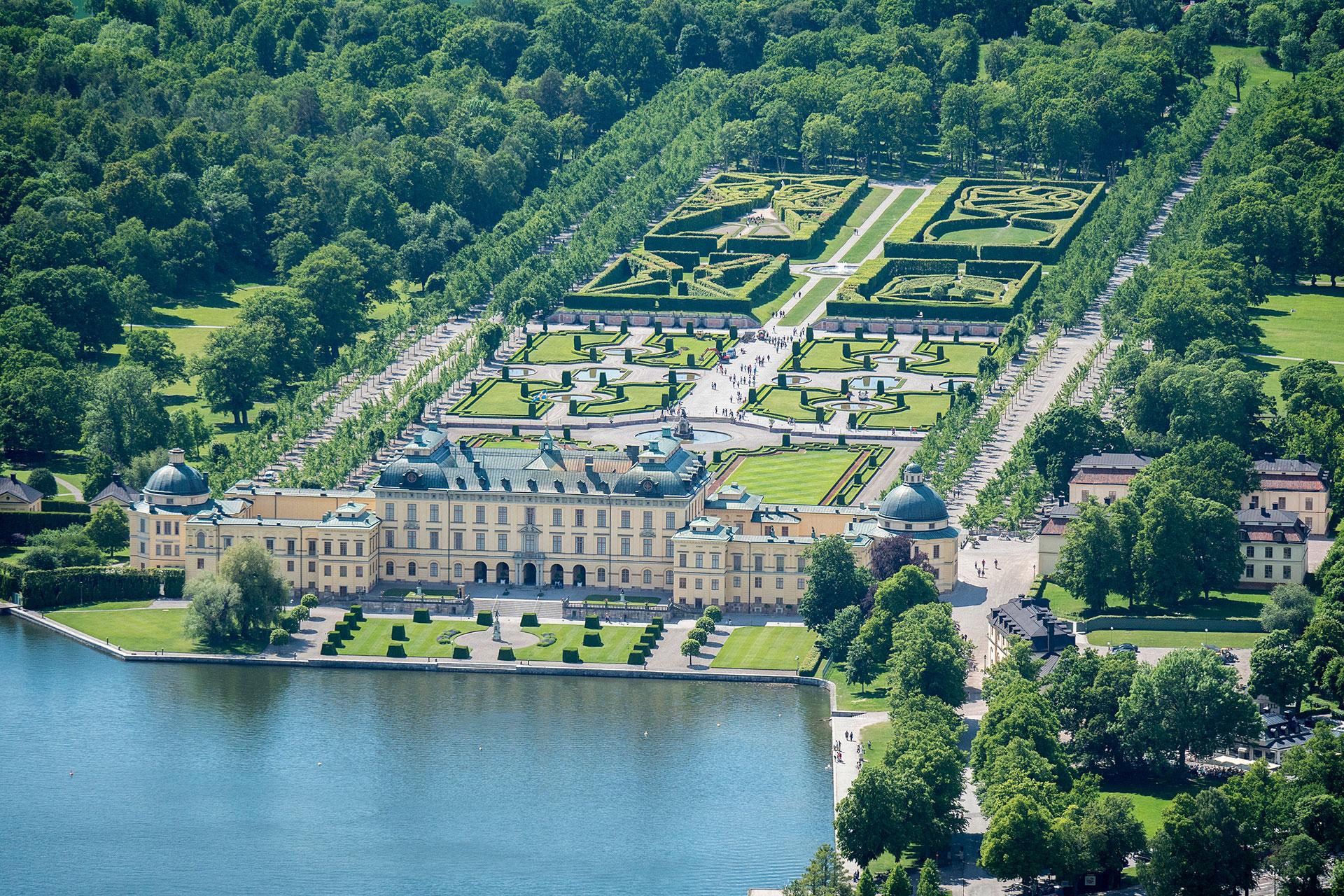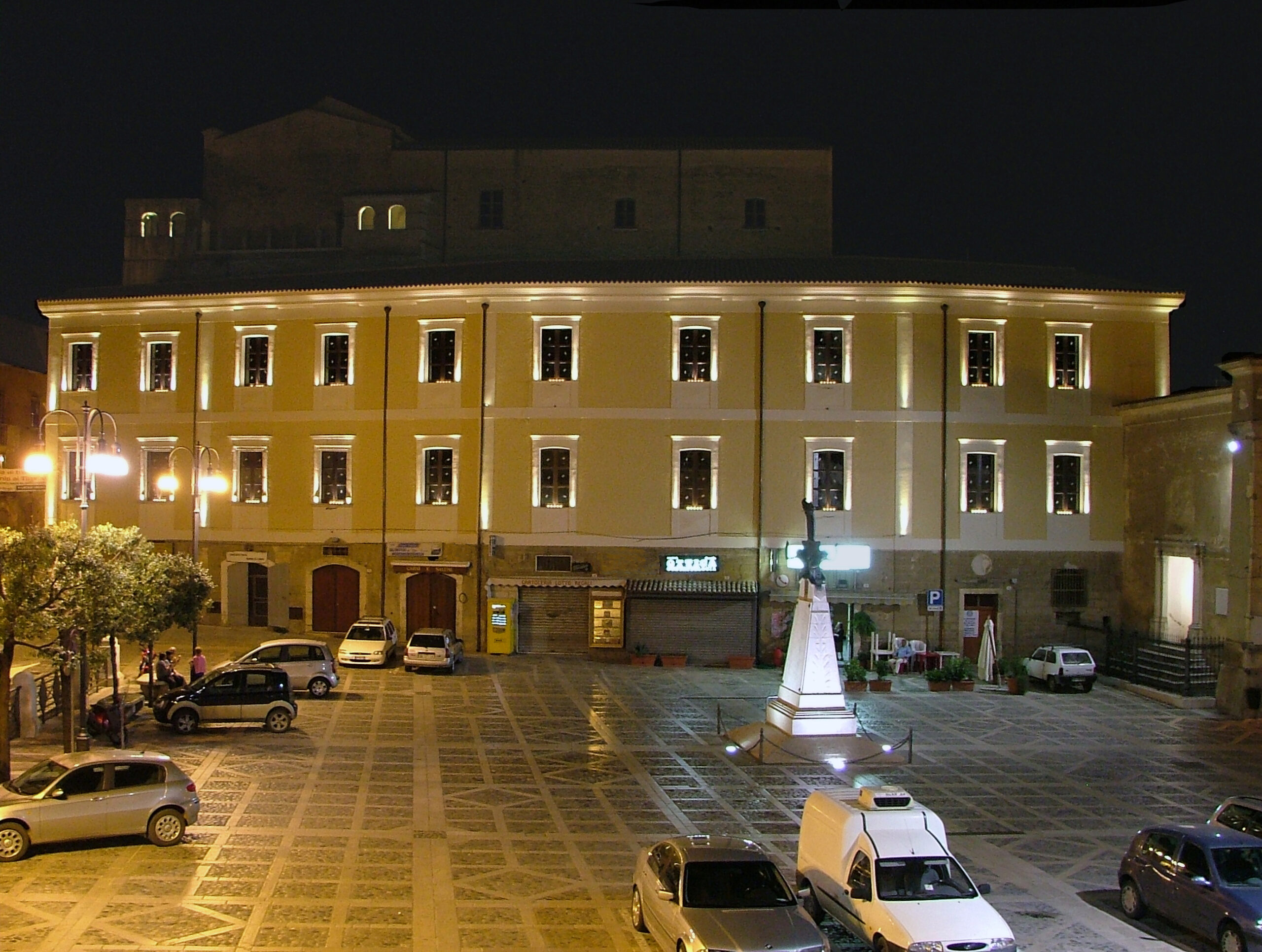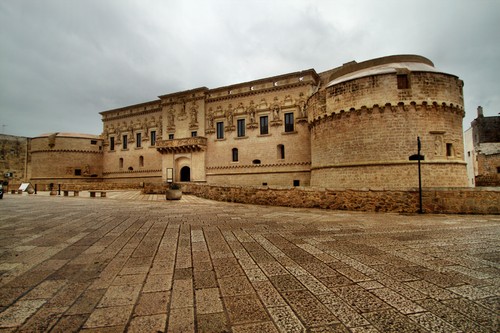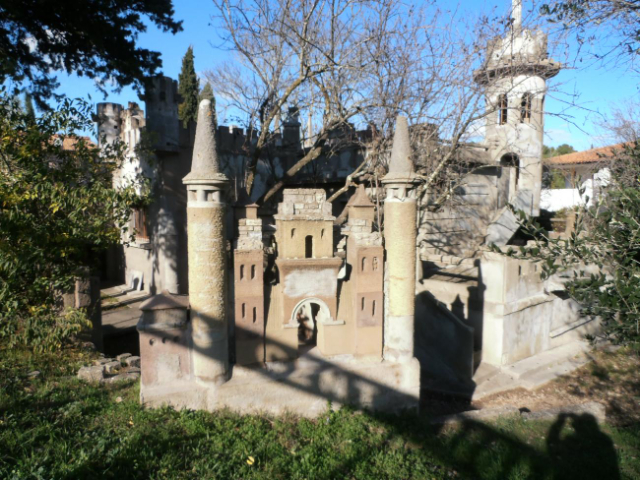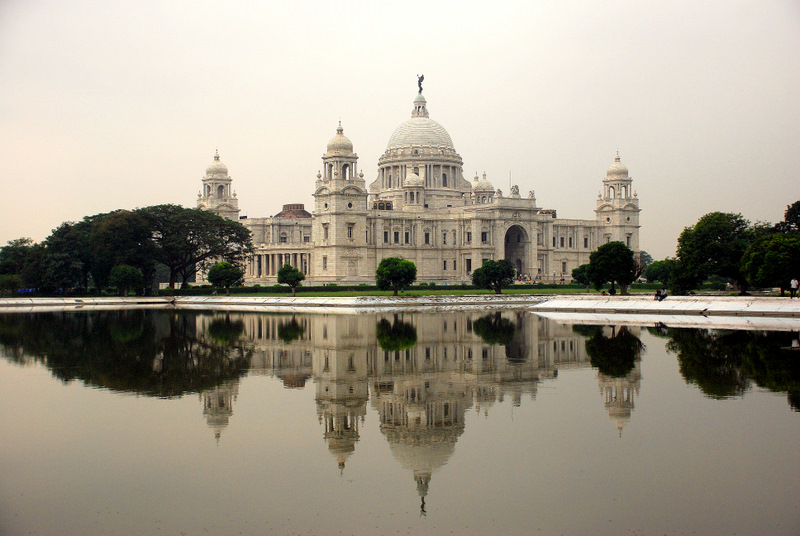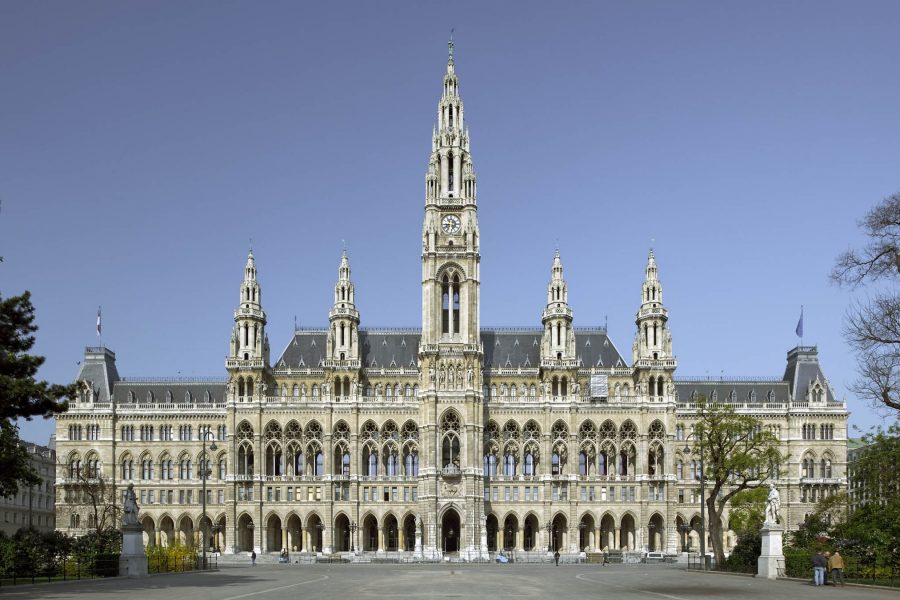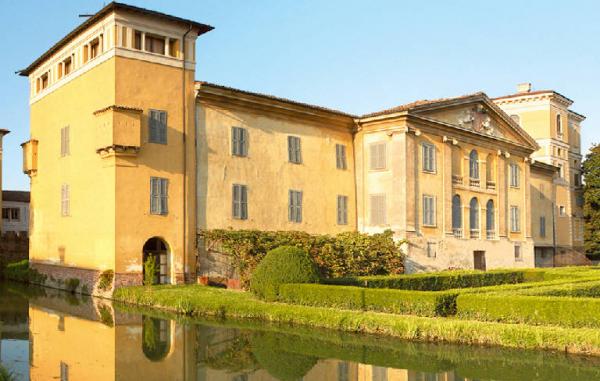Drottningholm Palace is Sweden’s best-preserved royal palace constructed in the seventeenth century, the permanent residence of the royal family and one of Stockholm’s three World Heritage Sites.
The palace was constructed according to a French prototype by the architect Nicodemus Tessin the Elder, by the commission of Queen Hedvig Eleonora. Many royal personages have left their mark on the palace since then. The palace features magnificent salons from the seventeenth, eighteenth, and nineteenth centuries, a beautiful park, a unique palace theater, and a Chinese Pavilion. The imposing Baroque garden was laid out beginning in 1681 according to drawings by Nicodemus Tessin the Younger. The palace and the park are mostly open to visitors year-round.
Drottningholms Slottsteater (the Drottningholm Palace Theater) is the best-preserved eighteenth-century theater in Europe and the only one in the world that still uses the original stage machinery on a regular basis. The theater has guided tours and performances during the summer.
The palace has been the permanent residence of the present royal family since 1981. The rooms in the southern part of the palace are reserved for members of the royal family. In 1991 Drottningholm was the first Swedish attraction put on UNESCO’s list of World Heritage Sites.
